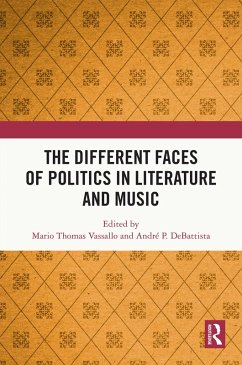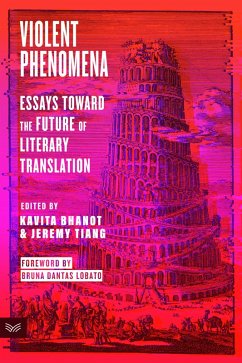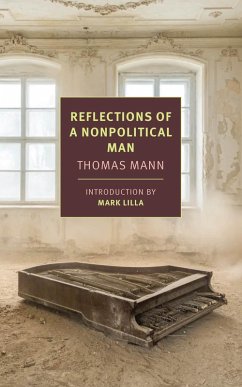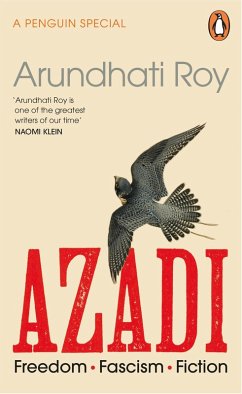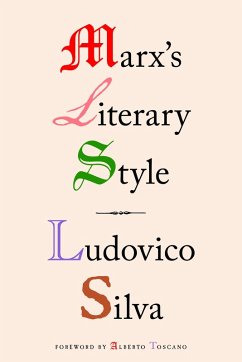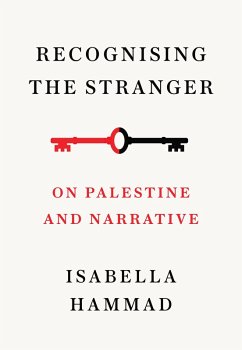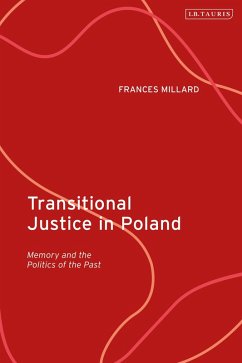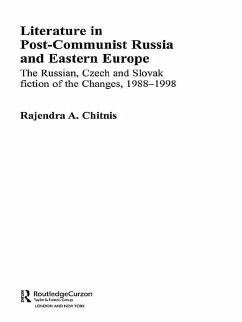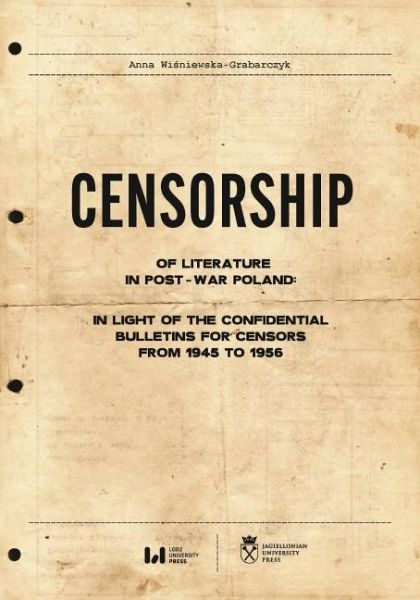
Censorship of Literature in Post-War Poland (eBook, ePUB)
In Light of the Confidential Bulletins for Censors from 1945 to 1956
Übersetzer: Szuster-Tardi, Katarzyna

PAYBACK Punkte
19 °P sammeln!
Censorship of Literature in Post-War Poland in the Light of Confidential Bulletins for Censors from 1945 to 1956, reconstructs and presents ways to censor literature (and, contextually, other fields of art) submitted for evaluation to the main censorship office in Poland during the first 11 years after WWII. The source material consists of confidential Bulletins - periodicals addressed to the officials of the censorship office.The book is divided into three main parts, each preceded by an introduction and concluded with an extensive bibliography.Part One: In Search of a Definition: What Were t...
Censorship of Literature in Post-War Poland in the Light of Confidential Bulletins for Censors from 1945 to 1956, reconstructs and presents ways to censor literature (and, contextually, other fields of art) submitted for evaluation to the main censorship office in Poland during the first 11 years after WWII. The source material consists of confidential Bulletins - periodicals addressed to the officials of the censorship office.
The book is divided into three main parts, each preceded by an introduction and concluded with an extensive bibliography.
Part One: In Search of a Definition: What Were the Confidential Bulletins for Censors? Characteristics of the Source Material presents basic information about the Bulletins - their goals, structure, and material presented in them. The analysis concludes with the definition of confidential Bulletins of the censorship office.
Part Two: Literature and Current Literary Phenomena Preconstructs the image of literary life presented in the Bulletins from 1945 to 1956. On numerous occasions, the Bulletins provided helpful guidelines in censorship practice. They discussed the job of dealing with literary texts and often gave examples of works published just a few months earlier or those that had not passed the scrutiny.
The Bulletins published materials discussing literary phenomena and other issues. The ones previously unaccounted for (including film, radio and theatre), as well as the institutional background of control, I discuss briefly in the last part - Camera Censorica. What Else was Discussed in the Bulletins?.
The materials presented in these confidential periodicals came from the Bulletins headquarters, field offices, and the work of censors. At the end of my study, Author let the censors speak. In the chapter Before the Proper Summary, or... the Censor as an Artist: The Literary Work of the Functionaries of Mysia Street and Its Environs, Author cite evidence of the literary ambitions of political functionaries - as censors had been called in the 1950s.
The book is divided into three main parts, each preceded by an introduction and concluded with an extensive bibliography.
Part One: In Search of a Definition: What Were the Confidential Bulletins for Censors? Characteristics of the Source Material presents basic information about the Bulletins - their goals, structure, and material presented in them. The analysis concludes with the definition of confidential Bulletins of the censorship office.
Part Two: Literature and Current Literary Phenomena Preconstructs the image of literary life presented in the Bulletins from 1945 to 1956. On numerous occasions, the Bulletins provided helpful guidelines in censorship practice. They discussed the job of dealing with literary texts and often gave examples of works published just a few months earlier or those that had not passed the scrutiny.
The Bulletins published materials discussing literary phenomena and other issues. The ones previously unaccounted for (including film, radio and theatre), as well as the institutional background of control, I discuss briefly in the last part - Camera Censorica. What Else was Discussed in the Bulletins?.
The materials presented in these confidential periodicals came from the Bulletins headquarters, field offices, and the work of censors. At the end of my study, Author let the censors speak. In the chapter Before the Proper Summary, or... the Censor as an Artist: The Literary Work of the Functionaries of Mysia Street and Its Environs, Author cite evidence of the literary ambitions of political functionaries - as censors had been called in the 1950s.
Dieser Download kann aus rechtlichen Gründen nur mit Rechnungsadresse in A, D ausgeliefert werden.




